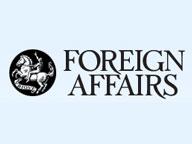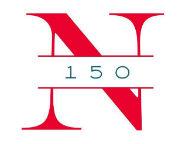Faculty News
—
Professors Menachem Brenner and Marti Subrahmanyam's research on options trading strategies and insider information is featured
—

Excerpt from Traders Magazine -- "In 'How Do Insiders Trade?' by Patrick Augustin (McGill University, Desautels Faculty of Management), Menachem Brenner and Marti G. Subrahmanyam (New York University), and Gunnar Grass (HEC Montréal), the researchers suggest a framework for how investors might best leverage their private information in the options market."
Faculty News
—

Excerpt from Traders Magazine -- "In 'How Do Insiders Trade?' by Patrick Augustin (McGill University, Desautels Faculty of Management), Menachem Brenner and Marti G. Subrahmanyam (New York University), and Gunnar Grass (HEC Montréal), the researchers suggest a framework for how investors might best leverage their private information in the options market."






















